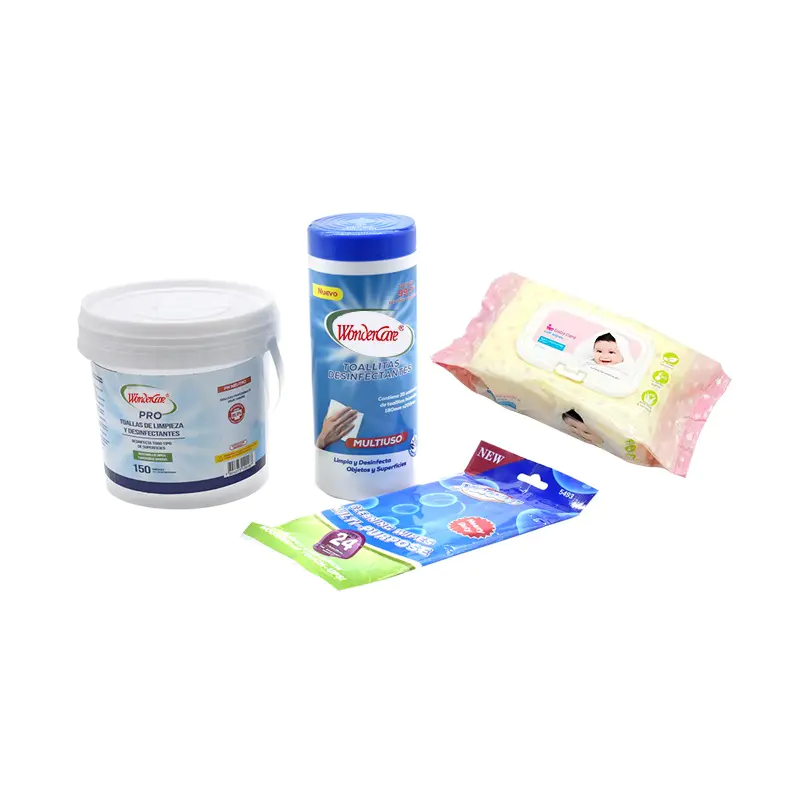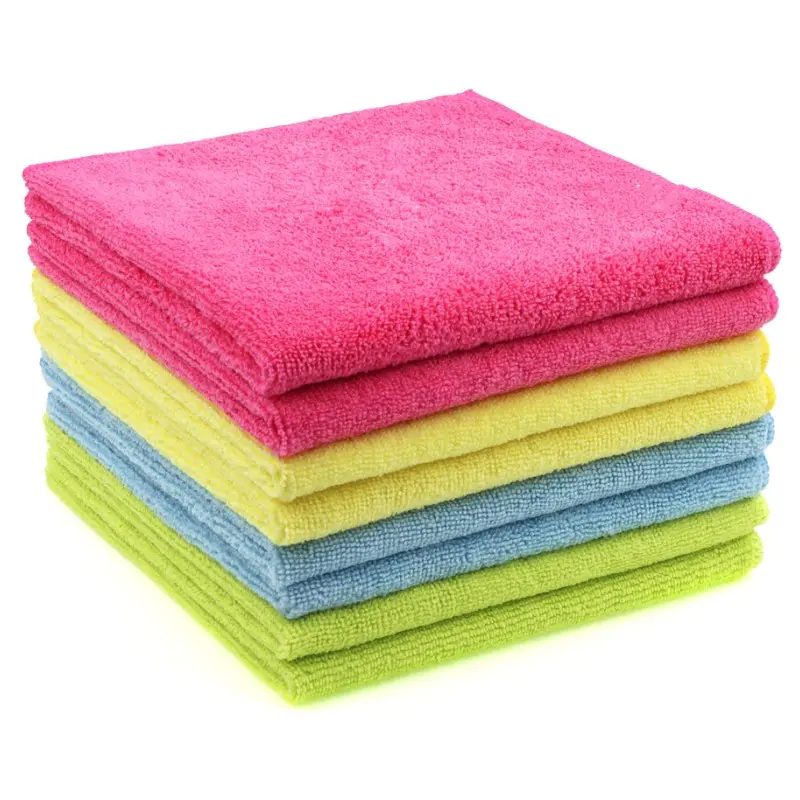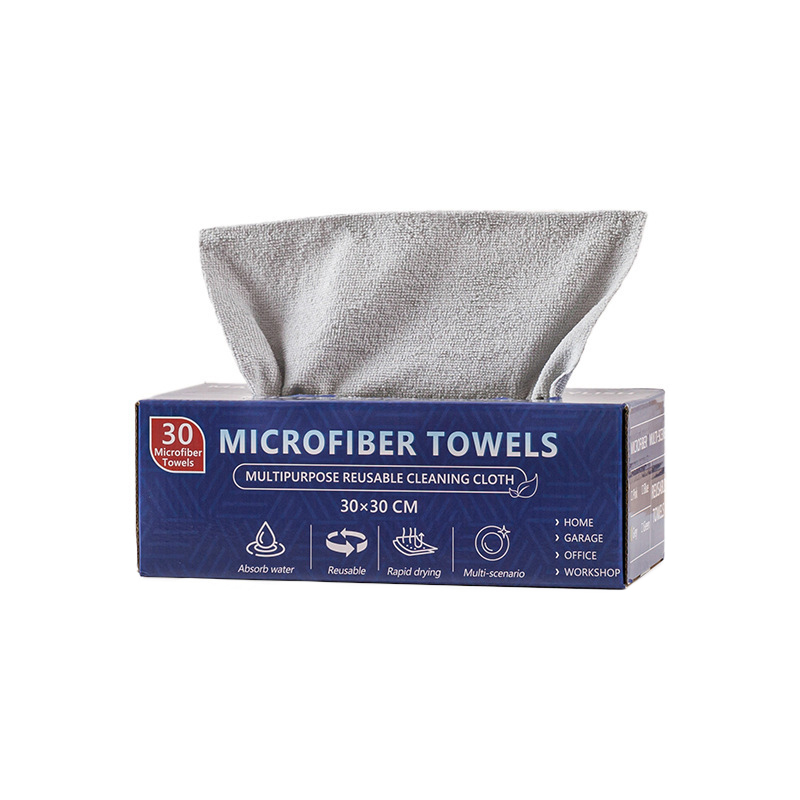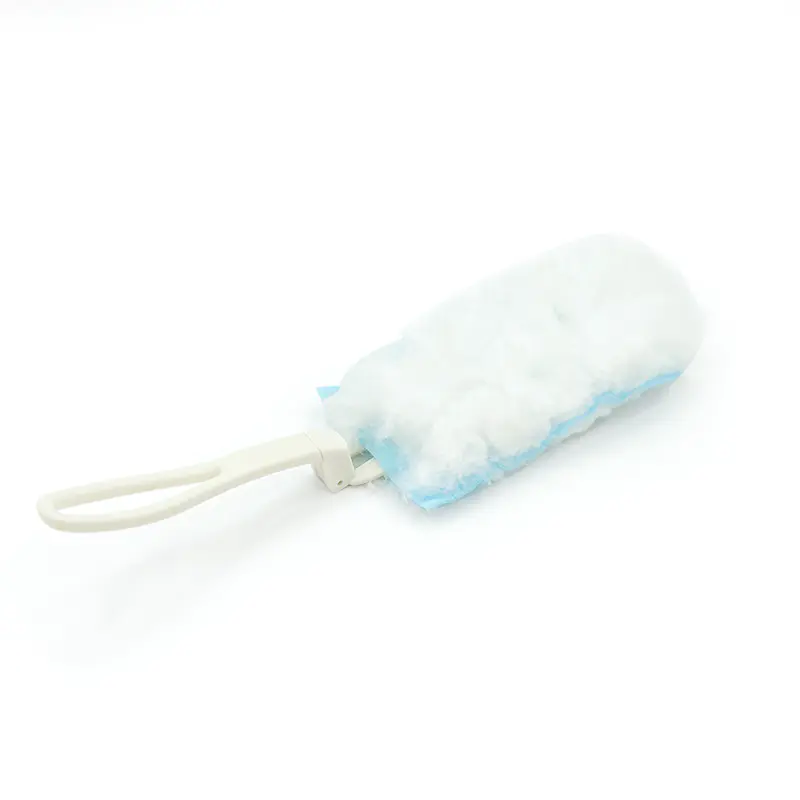Using personal wipes can offer convenience and hygiene benefits, but there are potential health risks associated with their use. Here are some of the key health risks to consider:
Skin Irritation and Allergic Reactions:Ingredients: Personal wipes may contain fragrances, alcohol, preservatives, and other chemicals that can cause skin irritation, rashes, or allergic reactions, especially in individuals with sensitive skin.Contact Dermatitis: Some ingredients, such as methylisothiazolinone (MI), are known to cause contact dermatitis, leading to redness, itching, and swelling.
Disruption of Skin Microbiome:Natural Barrier: Overuse of wipes can disrupt the natural balance of bacteria on the skin, potentially leading to issues like increased susceptibility to infections or skin conditions.
Infections:Bacterial Growth: Improper storage of personal wipes, especially those with insufficient preservatives, can lead to bacterial growth on the wipes themselves, posing a risk of infection when used.
Cross-Contamination: Using wipes on multiple body parts or sharing wipes with others can lead to cross-contamination and spread of bacteria or viruses.
Eye and Mucous Membrane Irritation:Chemical Sensitivity: Wipes used near the eyes or other mucous membranes can cause irritation due to chemicals like alcohol or fragrances.Hormonal Disruption:Endocrine Disruptors: Some wipes contain chemicals like parabens and phthalates, which are potential endocrine disruptors and can affect hormonal balance.

Respiratory Issues:Volatile Organic Compounds (VOCs): Wipes containing VOCs, often found in fragrances, can cause respiratory irritation or exacerbate conditions like asthma when inhaled.Impact on Pre-existing Skin Conditions:Exacerbation: Individuals with conditions such as eczema, psoriasis, or acne might find that certain ingredients in wipes exacerbate their condition.
Long-term Health Risks:Chronic Exposure: Long-term exposure to certain chemicals found in personal wipes, even in small amounts, could potentially lead to health issues, though more research is needed in this area.Misuse:Not Suitable for All Areas: Using wipes intended for general cleansing on sensitive areas, like the face or genital area, can lead to irritation or infections due to inappropriate formulation.
Mitigating Risks:Read Labels: Carefully read the ingredients list and avoid wipes with known irritants or allergens.Patch Test: Conduct a patch test before using a new type of wipe extensively.Storage: Store wipes properly to prevent bacterial growth, keeping them sealed and in a cool, dry place.Limit Use: Use wipes sparingly and not as a replacement for thorough washing with soap and water when possible.Choose Wisely: Opt for wipes labeled as hypoallergenic, alcohol-free, fragrance-free, and made with natural or organic ingredients.Consult a Dermatologist: If you have sensitive skin or pre-existing skin conditions, consult with a dermatologist to select the most appropriate wipes.
By being aware of these potential health risks and taking preventive measures, you can minimize the negative impacts of using personal wipes and ensure safer usage.

 English
English Español
Español















